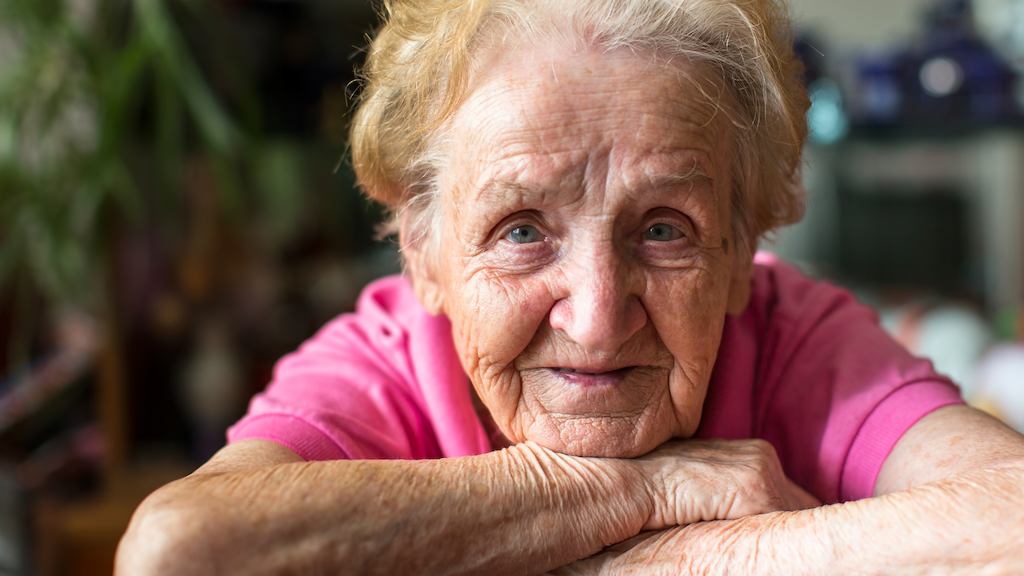- While most over 50s are largely positive about ageing, evidence shows there are large and consistent differences in attitudes across socio-economic groups.
- The data also suggests being pessimistic about getting older can be a self-fulfilling prophecy, leading to a negative experience of ageing.
- More needs to be done to help people to think about their health and how to keep active and socially connected as they grow older – particularly people who are less well-off, who are most at risk of missing out on a good later life.
Negative attitudes about ageing have significant consequences for the physical and mental health of older adults. Evidence suggests older people who hold negative views about their own ageing may recover less well from disability and have worse health outcomes than people with positive attitudes.
Analysis of the most recent data from the English Longitudinal Study of Ageing (ELSA), carried out by the Centre for Ageing Better, shows that across the whole sample of more than 6,000 people aged 50 and over in England, most are feeling fairly good about ageing, with 60% saying that growing older is a positive experience.
Just one in ten of all over 50s feel their age often prevents them from doing the things they would like to and half (52%) say that growing old doesn’t bother them. Nearly half of respondents (49%) say they are more tolerant as they age. About four-fifths (81%) do not agree with the statement that “old people are generally grumpy and miserable” and 90% agree that there is a lot to learn from older people.
But there are large and consistent differences by socioeconomic status. A fifth (20%) of people in routine occupations say that age often prevents them from doing the things they would like to do compared with just 7% of those in high-status occupations.
And while one in ten (10%) of those in high-status occupations strongly agree that old age is a time of ill health, this rises to almost one in five (19%) of those in routine occupations.
At the same time, a tenth (10%) of people in routine occupations expect to get lonelier as they get older compared with just 4% in high-status occupations.
The data shows a strong link between a negative experience of ageing and being pessimistic about getting older. Those who were worried about their health getting worse and those who expected to get lonely were around 30% more likely to have a negative experience of ageing than people who didn’t.
Analysis suggests that being pessimistic about ageing can become a self-fulfilling prophecy. If people feel negative about getting older, they can, in turn, have a worse experience of ageing, such as poorer health outcomes.
In the Centre for Ageing Better’s previous evaluation of courses aimed at building resilience and emotional wellbeing in people aged 50 and over, participants reported increased optimism, a new-found enthusiasm, and a desire to make the most of their later lives. The Centre for Ageing Better argues that all employers should offer support to staff to help them think about their future, and such support needs to cover the social and emotional aspects of ageing and later life, including relationships, as well as practical support with careers, health, finance and pensions.

